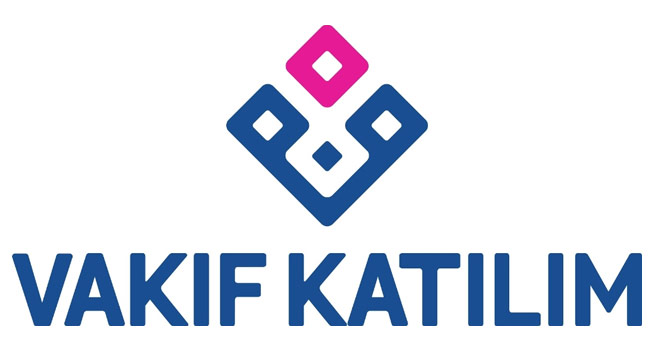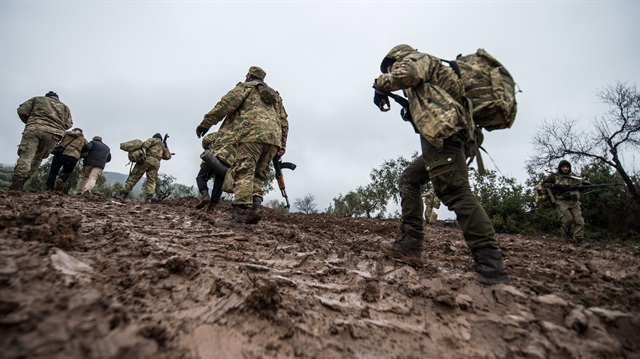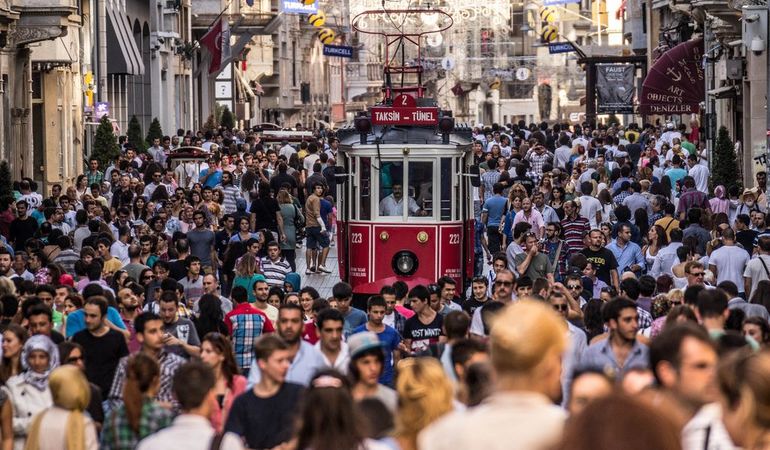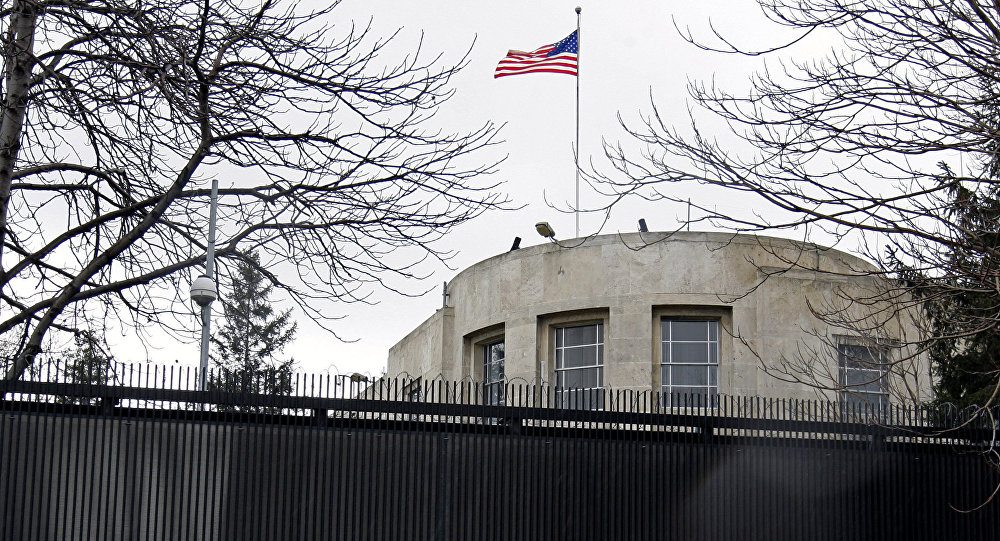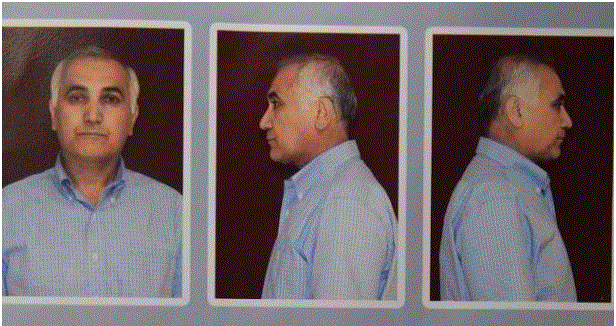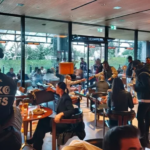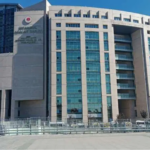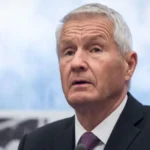The reason I have felt compelled to dwell on this issue is that the powerful actors in any given society may look and act differently than other powerful actors in one’s own society. Likewise, those who are not powerful may change from place to place, and according to the context and the individuals involved. For example, Turkey is, in its region, a powerful country that is intimidating in a number of ways to its neighbors. But compared with the industrialized mass democracies, Turkey is not powerful, especially when it comes to cultural, economic, linguistic, or political issues. Tayyip Erdoğan may look powerful to foreign observers because he is the Turkish President, but in terms of Turkish social prestige his roots in the working class neighborhoods of central Istanbul mark him as an outsider to the traditional Turkish political classes. Erdoğan’s example is symptomatic of Turkey’s newly-emerging post-Kemalist elites.
A further complicating aspect is that the “liberal” or “conservative” political actors in any given society may not necessarily conform to the same molds that Western observers are used to. For example, we might define “liberal” or “progressive” as those who want to change a society’s political parameters in order create more political and social inclusiveness, justice, and openness, as well as a more democratic political system. Correspondingly, we can define “conservative” as those who want to preserve the economic, political, and social status quo.
According to those definitions, the AKP is currently a liberal-progressive party in the Turkish political context. The AKP represents segments of Turkish society which had been ostracized from Turkish political life starting in the early 1920s. In order to democratize the Turkish political system, the mass of Turkish society — Anatolian villagers and petty bourgeoisie — had to be integrated into the political system. The AKP is the latest political representative of this effort.
What has the AKP been up against? A “historical bloc” of the military, bureaucratic, and intellectual state-elites, comprising a minority of Turkish society, has dominated Turkish political life since the 1908 Ottoman constitutional uprising. (1) Over the past 100 years, this modernizing-from-the-top-down bloc has striven to exclude the majority of Turkish society from political power. The political party that represents that “historical bloc” is the CHP, the party founded by Mustafa Kemal in the early 1920s, and which remained in sole control of the Turkish state until 1950. This means that, in today’s Turkish political climate, the party of authoritarian modernization which has impeded democratization in the past, and intends to continue to impede democratization now and into the future, is the CHP. (2) Consequently, they are actually “conservative” in terms of current Turkish politics.
The Turkish “historical bloc’s” project is a fundamentally modernist and at the same time anti-democratic project. This stems from the original ideology of the Committee of Union and Progress (CUP — İttihad ve Terakki Cemiyeti), which was cobbled together from a variety of Western, mostly French and German, intellectual predecessors. Princeton professor Şükrü Hanioğlu has defined these intellectual roots most precisely, identifying Comtean positivism, Gustave Le Bon’s anti-democratic mass psychology theories, Ludwig Buchner’s vulgar materialism, and Colmar von der Goltz’s German socio-militarism as formative influences. (3) This Turkish “historical bloc’s” project since 1908 has been to reform Turkish society from the top down in accordance with their positivistic, Westernizing vision. This project was to proceed without reference to the wishes or opinions of the mass of Turkish society.
The overall implication of these ideologies is not simply that the masses would not participate in Turkish political decision making, but rather that the masses were not fit or trustworthy enough to participate in that decision-making. First the CUP came to this conclusion; then Mustafa Kemal and the CHP (almost all of whom originally had direct ties to the CUP) furthered this attitude as they maintained exclusive, monopolistic control over the Turkish state from the 1920s to 1950. Concurrently, as the Turkish Republic stabilized its position and this original “historical bloc” was able to carry out its radical social reform experiments, some sectors of Turkish society accepted this original anti-democratic attitude and joined the top-down project. Fundamentally, these elites believed that the Turkish masses were not educated or mentally competent enough to know what was right for themselves and their own society. For that reason the “historical bloc,” the arbiters of power in Turkish society, would remain self-appointed guides to the people.
The explanation above is not something original, but rather an extremely brief summary of the work of several Turkish academics. The original foundations for this approach were laid by Şerif Mardin, but Şükrü Hanioğlu and Hasan Bülent Kahraman, for example, have also developed the approach into a more thorough understanding of the socio-political structures and dynamics of the Turkish modernization process.
Thus Kahraman, too, has looked at Edward Said’s Orientalism and applied its implications to Turkish society. In a recent major, multi-volume study he provides an explanation of how the traditional Turkish political and social elites have maintained a power based fundamentally on the capacity to define the Others in/of Turkish society. Just as Western power has been used in a variety of forms to define, manipulate, and perceive the non-European Others, in Turkish society the “historical bloc” has used the military, political, bureaucratic, cultural, social, and economic, means at its disposal to control, define, and manipulate the Turkish masses. Kahraman defines this attitude as self-orientalizing, which means that the Turkish elites consider the Turkish masses in a manner that is comparable to the way in which European powers have approached non-European peoples:
Any regime that has accepted Western modernity as a system and mentality approaches the universe outside itself with an attitude that can be identified as orientalism. We define this orientalism as generic orientalism. In Turkey, we can identify this kind of generic orientalism in the careful and continual control that the political center has maintained beginning with Ottoman modernization and continuing to its peak during the Republican era’s modernization. This type of orientalization we will term self-orientalization. (4)
In the second volume of the series, Kahraman then utilizes this definition to explain the role that the elites of the Turkish Republic’s early decades took on:
In order to establish its own legitimacy, the Republican administration rejected the past in toto and designated this approach as the escape from underdevelopment. This is the most important parameter of the phenomenon we have defined as self-orientalization…. This is the turning point at which the elites’ role in the social and political transformation appears. The reason is that, according to the founding ideology of the (Western-style) colonialist development model that Orientalism is associated with, societies outside of the West are in need of “modernization” because of their underdevelopment. This [modernizing] duty will be fulfilled by “modernizing avant-gardes.” In terms of self-orientalization, these avant-gardes are the elites. Correspondingly, elite intellectuals will engage in similar roles and activities. Intellectuals, as the owners of Western views, will transform society. The transformation will be to take up a place on the Westernizing axis.
There are several aspects that should be emphasized here. The first is that Turkish state, military, and intellectual elites chose themselves as the actors who would “Westernize” Turkish society, and that this decision was made in the early years of the 20th century and even earlier. Furthermore, this project was fundamentally anti-democratic since the elites chose a top-down route to this goal that did not include completely free and transparent elections until 1950. After 1950 the Turkish military, with the general support of state and intellectual groups, would keep stepping back into politics whenever civilian politicians appeared to deviate from this established goal of Westernization. This has happened on five different occasions, in 1960 (the 27th May coup), 1971 (the 12th March coup), 1980 (the 12th September coup), 1997 (the 28th February “light coup”), and 2007 (the judiciary-induced crisis over the presidential elections). But at the end of the day, the Turkish masses have not remained passive receptors for this project, and have expressed their resistance. The immediate sensation that the Terakkiperver Cumhuriyet Fırkası (Progressive Republican Party) of 1925, the Serbest Fırka (Independent Party) of 1930, and the Demokrat Parti (Democrat Party) of 1945-1960 aroused in the Turkish public was one expression of that opposition.
To make my overall point more clear, I want to reiterate that Western journalists and pundits have not grasped the reality of the Turkish political and social situation. Because the CHP embodies adherence to Western modernity, and on that basis claims to be progressive, even social democratic, Western liberals and leftists have embraced and chosen to stand by this party and its sector of Turkish society. But these Westerners are making a fundamental mistake: in fact, the party and people they see as ideological allies are not at all related to traditions of Western liberalism, democracy, or social democracy. Quite the contrary: the enhancement and consolidation of Turkish democracy (as well as Turkey’s industrialization) is now being inhibited by those who have wielded power in Turkish society for the past 100 years, i.e. the CHP and its supporters.
In my next article, I will discuss some concrete examples of the self-orientalizing attitude that Turkish elites have maintained towards the Turkish people.
NOTES
(1) The “historical bloc” concept comes from Antonio Gramsci and has been repeatedly used by Hasan Bülent Kahraman in his series of studies on the sociological background of Turkish politics: Türk Siyasetinin Yapısal Analizi [A Structural Analysis of Turkish Politics], on which more below.
(2) This is why the CHP began talking about a “restoration government” after the 7 June 2015 parliamentary elections. Their essential aim was and is to reestablish the status quo ante.
(3) See Hanioğlu’s Atatürk: An Intellectual Biography (Princeton, NJ: Princeton University Press, 2011).
4) Kahraman, Hasan Bülent. Türk Siyasetinin Yapısal Analizi, Cilt I: Kavramlar, Kuramlar, Kurumlar [A Structural Analysis of Turkish Politics, Volume I: Concepts, Theories, Institutions] ( Istanbul: Agora Kitaplığı, 2008), p. 196. The translation is mine.
The Turkish original is: “Batılı moderniteyi bir sistem ve zihniyet olarak kabul etmiş herhangi bir erkin, kendi dışında kalan evrene aynı doğrultuda yaklaşmasıyla da oryantalizm teşekkül edebilir. Bu oryantalizmi jenerik oryantalizm olarak nitelendiriyoruz. Türkiye’de Osmanlı modernleşmesinden başlayarak sürdürülen ve Cumhuriyet modernleşmesiyle birlikte doruğuna ulaşan, siyasal merkez tarafından büyük bir dikkatle kontrolde tutulan bu tür bir jenerik oryantalizmden söz edilebilir. Bu oryantalizmi de öz oryantalleşme (self-orientalisation) olarak adlandırıyoruz.”
(5) Kahraman, Hasan Bülent. Türk Siyasetinin Yapısal Analizi, Cilt II: 1920-1960 [A Structural Analysis of Turkish Politics, Volume II: 1920-1960] (Istanbul: Agora Kitaplığı, 2010), p. 270. The translation is mine.
The Turkish original is: “Cumhuriyet idaresi geçmişi kendi meşruiyetini belirginleştirmek için toptancı bir yaklaşımla yok sayarken, bunu geri kalmışlıktan kurtulmanın bir aracı olarak öne çıkarmıştır. Öz-oryantalistleştirme dediğimiz olgunun en önemli parametresi budur…. Buradaki kırılma noktasını elitlerin toplumsal ve siyasal dönüşümdeki rolü meydana getirecektir. Çünkü (Batı tarzı) sömürgeciliğin Oryantalizme bağlı olarak gelişen modelinin kurucu ideolojisine göre, Batı dışı toplumlar geri kalmışlıkları nedeniyle ‘modernleştirilmeye’ muhtaçtırlar. Bu görevi de ‘modernleştirici öncüler’ yerine getirecektir. Öz-oryantalizmde bu öncüler seçkinlerdir. Aynı şekilde, seçkin konumundaki entelektüeller de benzeri bir işlev ve etkinlik içinde bulunacaklardır. Aydınlar Batılı görüşlerin sahibi olarak toplumu dönüştürecektir. Dönüşüm Batılılaşma eksenine oturmak olacaktır.”
Yazıyı beğendiysen, patronumuz olur musun?
Evet, çok ciddi bir teklif bu. Patronumuz yok. Sahibimiz kar amacı gütmeyen bir dernek. Bizi okuyorsan, memnunsan ve devam etmesini istiyorsan, artık boş olan patron koltuğuna geçmen lazım.
Serbestiyet; Türkiye'nin gri alanı. Siyah ve beyazlar içinde bu gri alanı korumalıyız. Herkese bir gün gri alanlar lazım olur.






